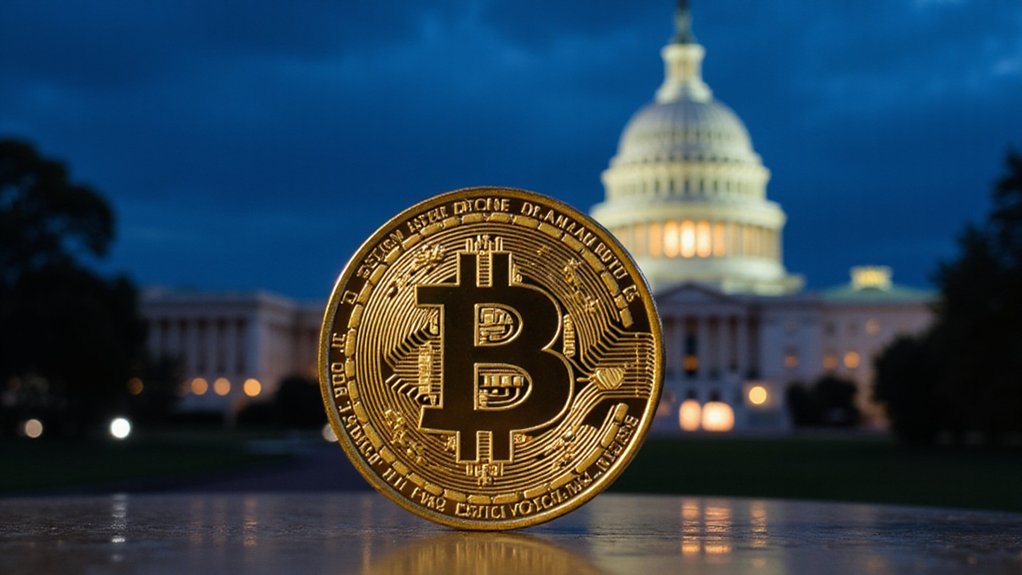President Donald Trump has initiated plans to potentially incorporate Bitcoin investments into a newly established U.S. Sovereign Wealth Fund (SWF). The executive order, signed during his first days in office, creates an interdepartmental working group tasked with developing recommendations for the fund's structure and investment strategy within a six-month timeframe. While the order does not explicitly mention Bitcoin, it directs officials to examine the potential role of digital assets in the national stockpile.
The administration has assembled a team of crypto-friendly appointees to spearhead this initiative. Howard Lutnick, the Commerce Secretary nominee, has previously expressed support for Bitcoin, while David Sacks serves as Special Advisor for AI and Crypto. The nominations of Paul Atkins for SEC chair and Brian Quintenz for CFTC chair further signal a regulatory shift toward digital asset innovation.
Initial capitalization methods under consideration include utilizing previously seized cryptocurrencies and exploring budget-neutral acquisition approaches. The administration is evaluating Bitcoin's potential as a strategic reserve asset alongside traditional holdings. The initiative may leverage Bitcoin spot ETFs as an institutional-grade vehicle for government exposure to digital assets. Tariff revenues may provide additional funding mechanisms as officials assess Bitcoin's role in the SWF's long-term investment strategy. The implementation will ensure no new taxpayer costs will arise from establishing the reserve.
Treasury officials examining seized crypto assets as primary funding source for sovereign Bitcoin reserve strategy
The regulatory landscape is already shifting in response to these developments. The administration has paused several high-profile crypto enforcement cases and formed a specialized SEC Crypto Task Force. Officials are reevaluating token offering registration pathways and considering temporary regulatory relief for certain digital asset activities.
Global implications of this initiative could be substantial. The U.S. move may catalyze wider Bitcoin adoption among sovereign entities and reshape institutional investor confidence. The initiative follows the recent establishment of the Bitcoin Strategic Reserve by executive order on March 6, 2025, designed to function as a long-term store of value similar to gold. Financial analysts suggest this positions America to lead in cryptocurrency markets while potentially transforming aspects of the global financial system.
Significant challenges remain, including establishing proper governance structures and addressing potential conflicts of interest. The administration must navigate complex legal hurdles while managing political opposition.
Officials face a 90-day deadline to deliver a detailed SWF proposal, with a White House crypto summit scheduled to evaluate existing government holdings and develop comprehensive management strategies.





